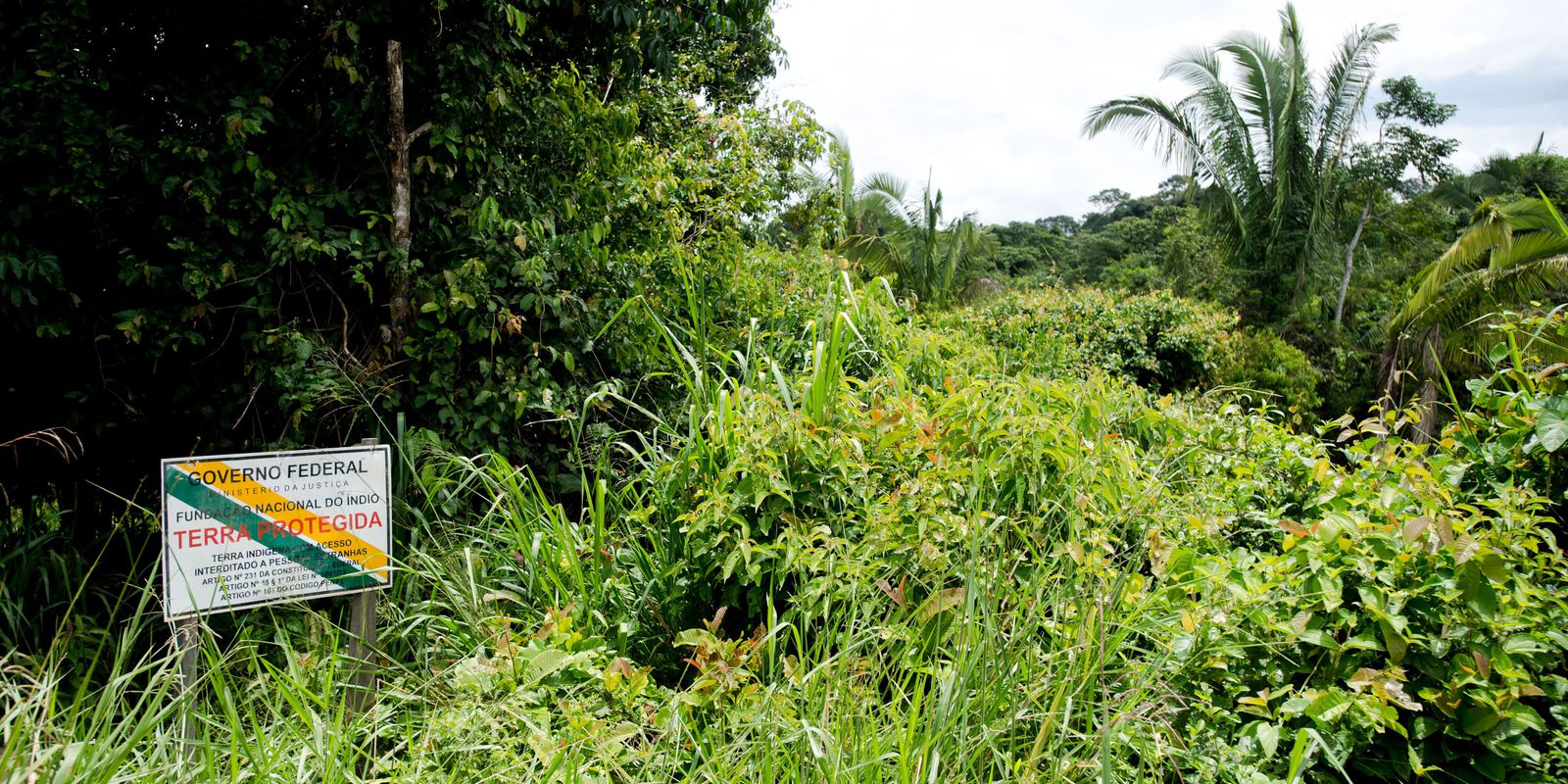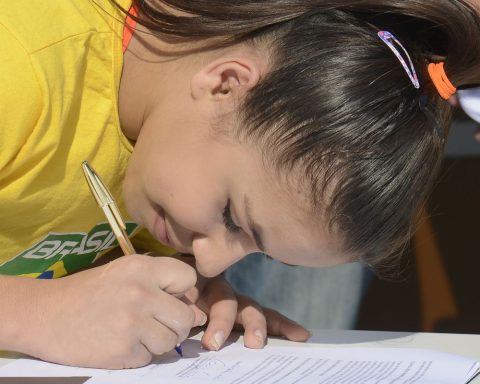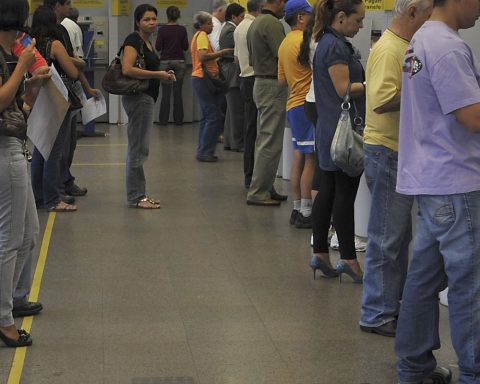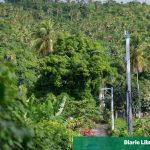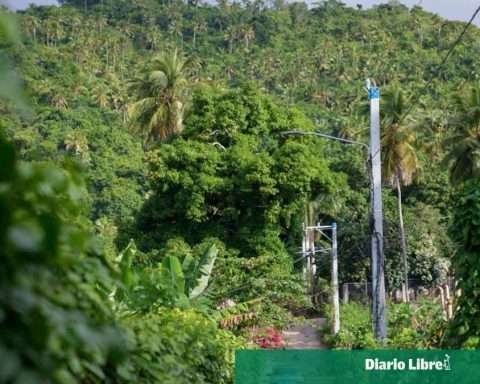The National Bank for Economic and Social Development (BNDES) will carry out studies to assess the feasibility of a new environmental concession model based on remuneration for the conservation and recovery of public forests. The idea is to use Payment for Environmental Services (PSA) and the carbon credits market to make conservation a profitable activity, taking investments to territories and ensuring alternative income for those who protect the environment in the Amazon and other biomes.
To carry out the studies, the financial institution signed today (13) a contract with the PSA and Carbon Credits Consortium, led by Tauil and Checker Sociedade de Advogados and composed by the company Biofílica Ambipar Environmental Investments. The consortium was selected in a public process with four participants.
According to the BNDES, existing environmental concessions are usually based on tourism exploitation or the sustainable management of forest products. The studies will evaluate a different model, which will present technical and legal solutions taking into account the existing legal framework in Brazil. “It is aligned with the environmental mission of the BNDES’ strategic planning, which consists of supporting the development of carbon markets and payments for environmental services”, informs the institution.
With increasing visibility on the international environmental agenda, the PSA is a mechanism that has been used in several countries to remunerate entrepreneurs, rural producers, family farmers, settlers, traditional communities and indigenous peoples for conservation services that benefit the whole of society, which ranging from the preservation of native forests to the restoration of degraded areas. In practice, it is an incentive for good practices in the field, also contributing to the fight against illegal deforestation.
There are several PES arrangements in the world, which may involve raising funds from the private sector, national and international public bodies or the third sector. Payments can also be made in different ways, not necessarily through direct money transfer.
One possibility is remuneration with carbon credits. They are certificates granted to people, companies or institutions responsible for actions that contribute to reducing the emission of greenhouse gases. They can be sold, for example, to companies that fail to meet the targets set in international treaties to reduce their emissions. The carbon market is considered fundamental to the success of the Paris Agreement, negotiated within the framework of the United Nations (UN) to curb the threats arising from climate change. Brazil has committed to restoring 12 million hectares of degraded areas and forests by 2030.
First step
According to the BNDES, the contracting of studies is the first stage for the structuring of future projects for the concession of environmental assets and is part of a Technical Cooperation Agreement signed in April this year with the Ministry of the Environment, through the Chico Mendes Institute for Biodiversity Conservation (ICMBio). The deadline for completion of the consortium’s works is December this year, with the presentation of the results scheduled for the beginning of 2023.
“If the preliminary studies indicate the feasibility of the model, concession projects can be structured for the protection, conservation and restoration of federal public forests, contributing to the reduction of deforestation, the promotion of sustainable local development and the fulfillment of the commitments assumed by Brazil in the Climate Conventions”, adds the BNDES.
